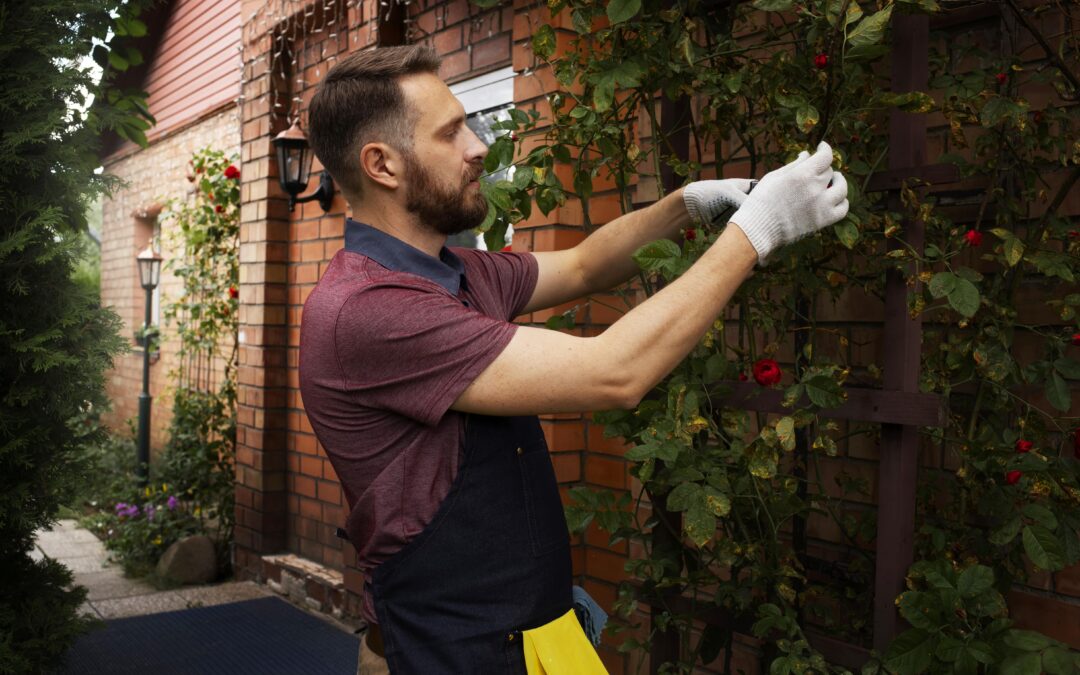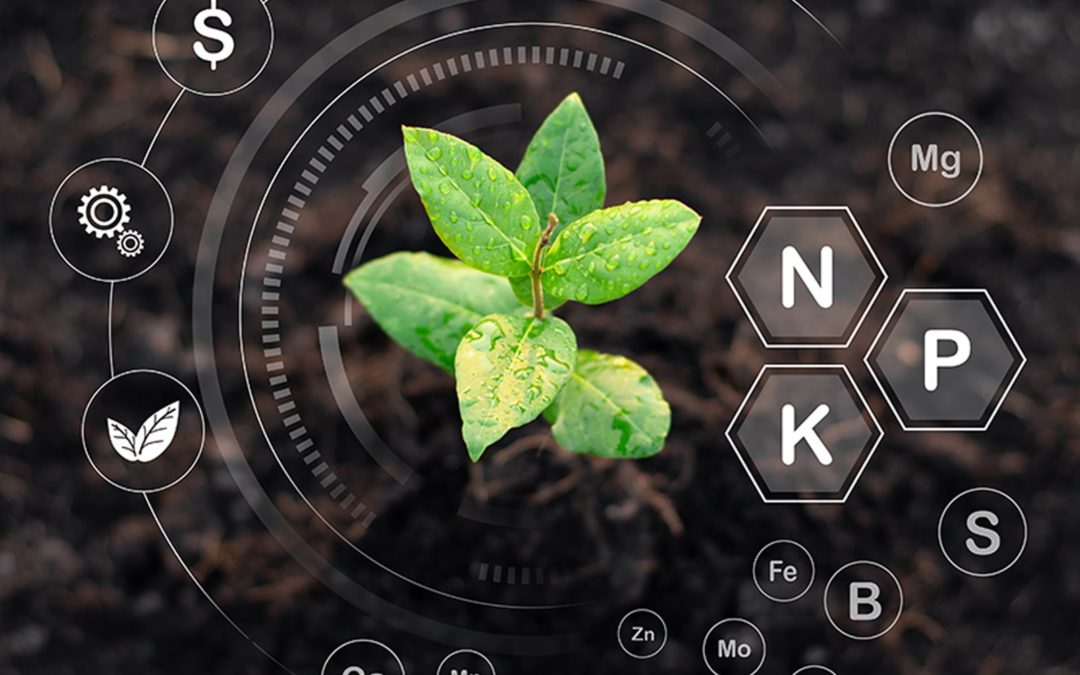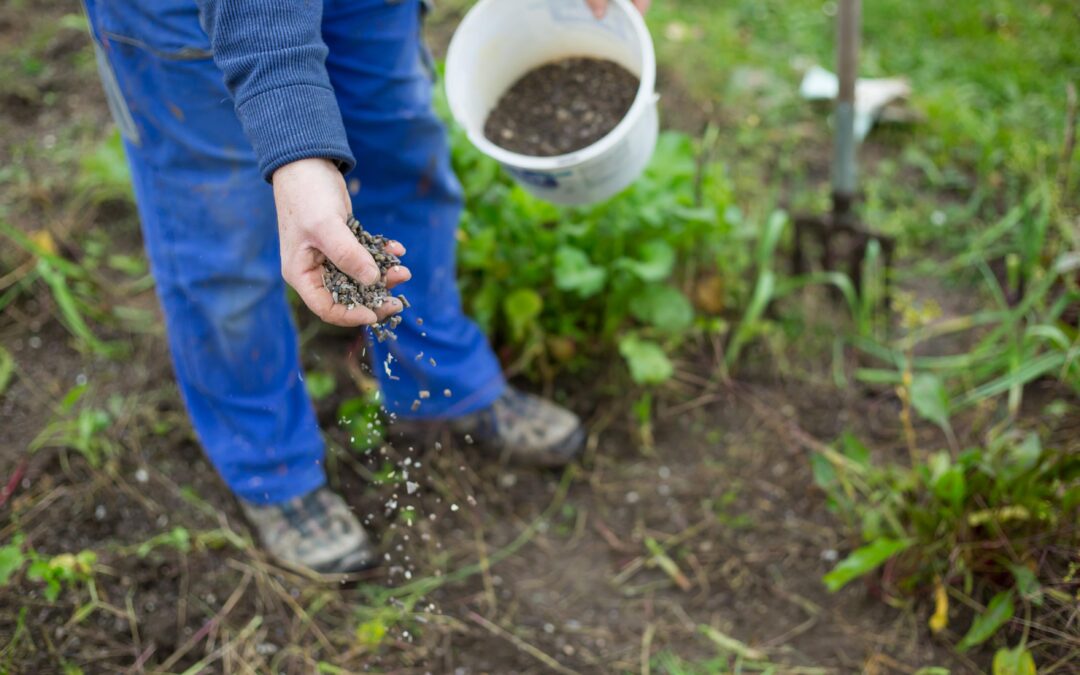Whenever we go for eco-friendly fertilizer, we often tend, to buy the one that will give as much nitrogen to our crops as possible. This is mostly because nitrogen is important for the development of these plants and is the major component of chlorophyll, maintaining a balance in the process of photosynthesis.
One surprising item that is high in nitrogen and can work as a substitute in that respect is coffee grounds. Their key nutrient is nitrogen, necessary for healthy roses. The nitrogen is required in large volumes for stimulating the growth and development of brand-new leaves, stem and cane growth. This article focuses on the relationship between coffee grounds and roses.
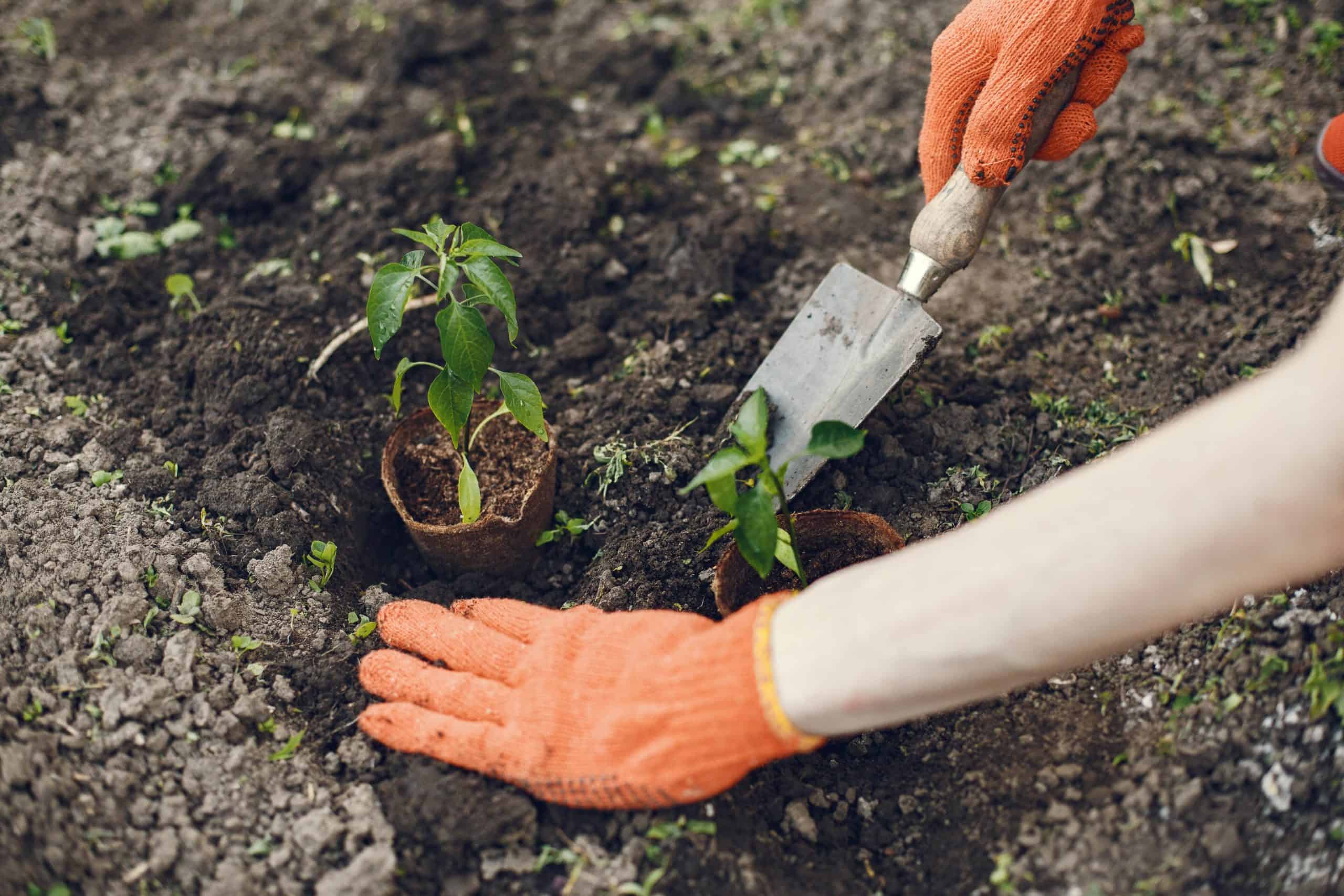
Do Roses Love Coffee Grounds?
Absolutely! There are a number of reasons why roses like coffee grounds and are listed below:
-
Supplying Nitrogen
The key available nutrient in coffee grounds is nitrogen, and along with phosphate and potash, nitrogen is the most crucial nutrient for good roses in the growing season and is required in large quantities as it stimulates brand-new leaf growth, stem and cane development.
As it so happens, coffee grounds are much need hit of nitrogen when applied in the spring for new growth at the beginning of the growing season and to guarantee a more healthy, disease resistance rose.
-
Giving Other Crucial Nutrients
Whilst coffee grounds are mainly used by rose growers for their enhanced nitrogen content, they additionally have other essential minerals such as phosphorus, potassium and copper, all of which are going to enhance the health of the soil and are important source of nourishment for roses
-
Balancing the Soil’s pH
Roses additionally love the dosage of coffee grounds as it ensures the right level of soil acidity. Roses grow ideal when the soil acidity is in the series of 6 to 6.8 on the pH scale, with a pH of 6.5 being optimum.
Used coffee grounds do vary in acidity relying on the variety of bean made use of, nevertheless, they are generally pH neutral to a little acidic as soon as broken down in soil which is best for feeding roses. However, it is important to test the pH of your soil initially before adding coffee grounds for this purpose, to guarantee your results are ideal for roses.
-
Composting
Coffee grounds are also valuable for including in your compost heap as it disintegrates promptly and it can include valuable fertile material to be used as compost for your roses and other plants in your garden during the growing season. An organic manure such as coffee grounds is great at absorbing water so the roots of your rose can bring into play the saved moisture when the need arises.
-
The Activity of Worms
Coffee grounds take place to be a favored food of your local worm population. This will benefit the roses as worms properly aerate portable soil which enhances the soil structure and water drainage.
The researchers argues that soil with a high amount of worm activity will drain 10 times faster than a location with no worms. Worms feed upon the coffee grounds and the resulting worm casts, concentrate the useful nutrients and minerals which increases vitamins and mineral availability to the roots of your rose from the surrounding soil.
The tunnels and casts that the worms leave behind also allow the roots of your roses to penetrate much deeper right into the soil so that the plant has greater security, and has accessibility to dampness and nutrients for a healthier and extra drought-resistant rose.
-
Preventing annoying insects and pets
Coffee grounds, also leftover grinds can likewise be used of for gardening as they help maintain the unwanted parasites out of the garden. The grounds, consequently, serve as an alternative to pesticides which contain chemicals.
Pet cats can end up being damaging and messy by digging up your plants while scavenging for food. Including strong-smelling compounds, such as orange, pepper, eucalyptus and even coffee grounds can keep the pet cats far away from destroying your plants.

How Do You Use Coffee Grounds on Roses?
The main point to bear in mind regarding using coffee grounds in your garden is limited quantity. As much as coffee grounds are a practical resource of nitrogen for roses, they should be used in small amounts and not too much.
Coffee grounds consist of an especially high amount of nitrogen and way too much of the nitrogen can burn the roots of your roses and various other plants. Regardless, there are numerous ways to help your roses benefit from coffee grounds:
- Distribute around each rose plant
Spread half a pound of coffee grounds around each mature plant and also water in with 2 gallons of water or a whole watering can. You will sprinkle 2 mugs or 500g around the surrounding soil of adult plants, thereby boosting the soil’s nitrogen content without hurting the roots.
There is no need to dig the grounds right into the soil as this could cause root damage and damage the surrounding soil structure which is why it is better to water in. Furthermore, since worms love coffee grounds they will certainly do all the hard work for you by pulling it down and functioning it right into the ground.
As the soil worms absorbs the coffee grounds, they will generate worm casts which are quicker available to the plant to utilize. You need to do this just before growing season. If you feed your soil too late then this will demotivate your rose plant’s fragile leaf growth late in the period which will be damaged in the very first frost of wintertime.
- Blending the coffee grounds in the water
You can likewise blend half a pound of coffee grounds in a 2 gallon (9 liters) water can. You can water the surrounding soil of each of your rose plants, making sure an even circulation of nutrients to the soil and also conserving you the task of irrigating once more.
- Composting the coffee grounds initially
Adding coffee grounds to your garden compost will make sure that there is an ideal mix of nitrogen and carbon in your compost. Use a layer of garden compost around roses, to subdue weed growth, improve the structure of the soil and boost drainage.
What’s even more wonderful is that an organic compost such as coffee grounds is wonderful at absorbing water so the roots of your rose can draw upon the saved moisture when they require to. Garden compost mulch is best used around your roses at the beginning of springtime as this is the peak time that weeds will attempt to grow and compete for resources with roses.
There is no need to dig the compost into the soil as this might harm the roots and also disrupt the well-balanced soil ecology and structure. Rather, distribute the compost around the roses around 1-2 inches deep plus allow the worms and rainfall to add the nutrients into the soil. Lastly, stay clear of stacking compost around the stem of the rose as it can create the stem to rot; an inch deep radius around the stem suffices to have the roses growing.
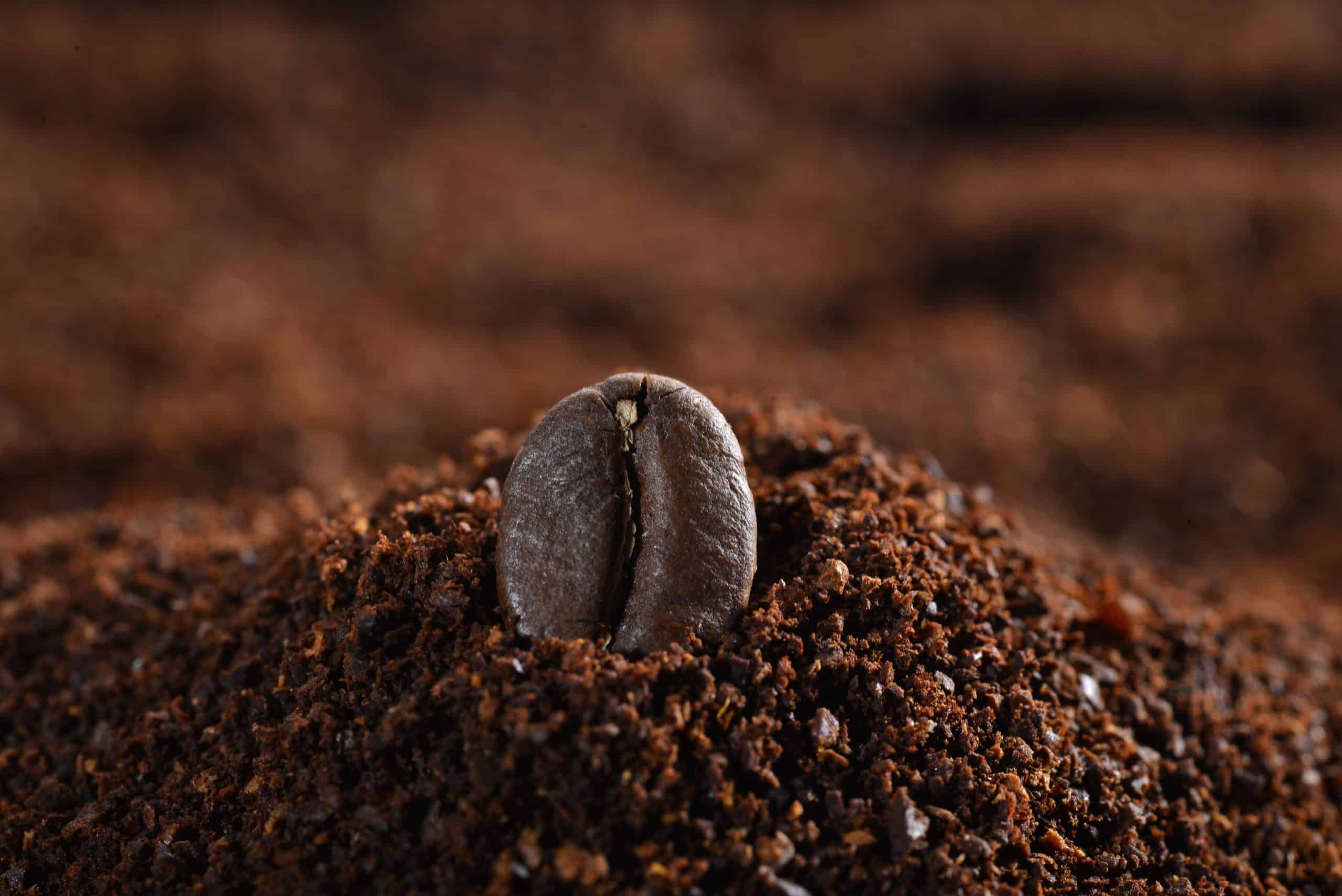
Just how Often Should You Put Coffee Grounds on Roses?
You just require to do this once, at the start of the growing period. Despite the method you choose, you just require to do it once, throughout the spring.
If you apply any kind of nitrogen-based fertilizer after the midst of August, the new growth will likely turn black and die in the first frost. The start of the spring is also when most weeds will attempt to expand and compete for resources with roses. If you use the coffee grounds via the composting technique, not only will the garden compost offer the ample nutrients required by the roses, yet it will additionally kill the weeds and make your roses prosper.
Which Plants Like Coffee Grounds?
While ‘used’ coffee grounds are slightly acidic, fresh and unbrewed coffee grounds have extra acid. Most plants do not like the strong acidic fresh coffee grounds, although the very same cannot be said concerning acid-loving plants like hydrangeas, rhododendrons, azaleas, lily of the valley, blueberries, carrots, and radishes.
The plants that enjoy made use of coffee grounds consist of hibiscus, iris, calla, marigold, sedge, bugbane, lily of the valley and crinum, to name a few.
On the flip side, some plants do not like coffee grounds at all and they include tomatoes, orchids, snake plant, yucca, lavender, century plant, rosemary, black-eyed Susan, succulents as well as cactus, among others.


